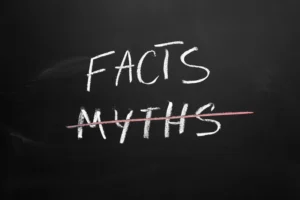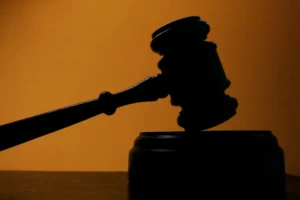As states like Vermont and New York have advanced laws intended to extract penalties from oil and gas companies for climate change (“Super Fund laws”), the state lawmakers involved have attempted to hide the involvement of outside non-governmental organizations and nonprofits. Their efforts were betrayed when Lee Wasserman, Director of the Rockefeller Family Fund (RFF), a progressive organization that funds expansive climate activism around the country, wrote in a New York Times op-ed, “The Rockefeller Family Fund, which I direct, has spent roughly $200,000 since 2022 in support of environmental efforts in Vermont, including passage of the climate Superfund law.”
A group called Government Accountability and Oversight has sought information about whether the RFF has worked directly with a professor named Rachel Rothschild at the University of Michigan, who wrote some of the foundational legal memos for the climate superfund laws. They filed Freedom of Information Act requests with the University of Michigan seeking any taxpayer funded communication between Professor Rothschild and RFF or any of the other climate nonprofits that have advocated for the Vermont law. As a UM employee, Rothschild’s work and communications are funded by taxpayers, and Government Accountability and Oversight contends that the public has a right to know how “regulatory, policy and enforcement decisions are reached,” and what types of non-governmental organizations and nonprofits played a role in the development.
But on March 27, both The Washington Post and The New York Times published stories that argued that these transparency measures can be “intimidating” and “chilling” to scholars.
The New York Times’s story by Coral Davenport quotes Kyle Logue, the interim dean of the University of Michigan Law School, who says, “Legal actions and public records requests may be used in a manner that can intimidate or silence scholars, and when that happens, it threatens not only the targeted individuals but also the progress of knowledge and informed debate.”
The Washington Post’s story by Maxine Joselow & Anna Phillips cites Ann Carlson, an environmental law professor at the UCLA School of Law about how public records requests designed to provide transparency are actually a problem: “It absolutely gives people pause about what they’re willing to work on,” she said. “It may chill outside groups, like nonprofits, and their willingness to work with academics at public institutions.”
Read the stories in The Washington Post and The New York Times.




